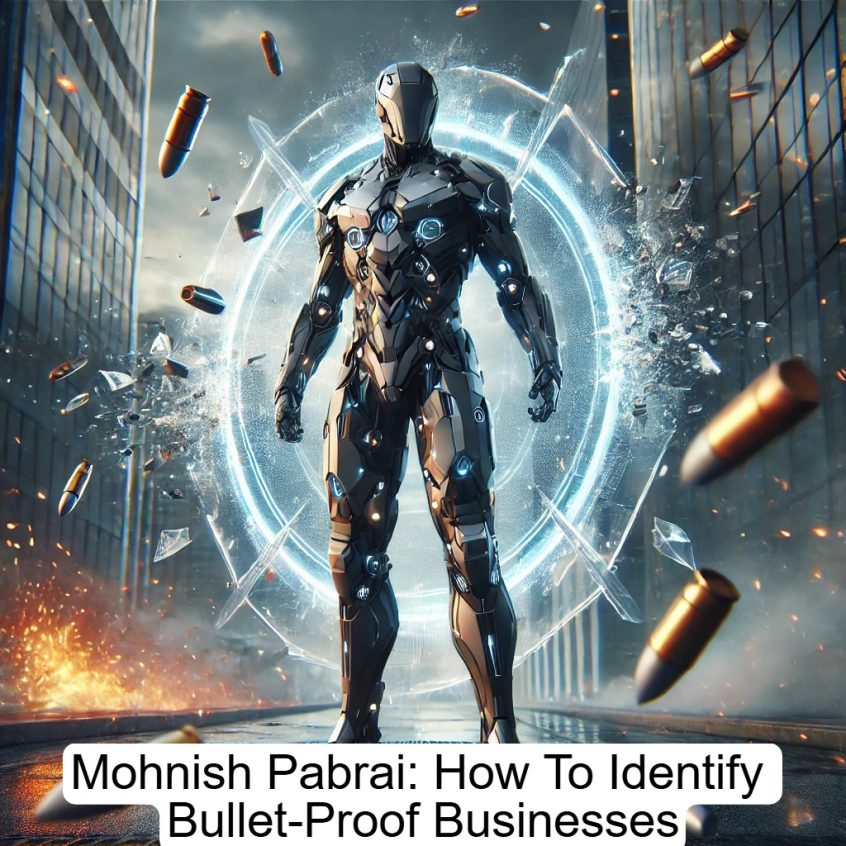Capitalism isn’t just competitive—it’s downright ruthless. Most businesses don’t just struggle to turn a profit; they vanish entirely within a few decades. As Mohnish Pabrai explained in this interview, “Most businesses are not going to be around… forget even making a lot of money or not making money—they’re not even going to be around two or three decades after they are formed.”
Startups have it even worse—the majority disappear within five or ten years. Even the rare ones that survive a decade usually don’t make it to twenty or thirty.
So what keeps the tiny fraction of long-term winners alive? It comes down to durability. Pabrai points out that these exceptional businesses have something rare—an “enduring and durable moat” that protects them from competitors.
But here’s the catch: those moats don’t usually come from careful planning. “Enduring and durable moats are very rare in capitalism,” he says. “They almost happen by accident.” Most entrepreneurs who set out to build an unbeatable advantage fail because, as Pabrai puts it, “they’re very difficult to create. Sometimes you just stumble into them.”
Companies like Visa, Mastercard, and American Express prove the point. The payment industry has seen massive changes, yet these companies have thrived for decades.
“Those businesses have been very resilient, producing great returns on capital for a very long period of time,” Pabrai notes. They didn’t just grow—they built something that could withstand competition, regulation, and technological shifts.
Growth alone isn’t enough. Plenty of companies expand quickly only to collapse later. What really matters, Pabrai argues, is durability.
“We’re not so much looking for growth—we want growth, but we want durability of that growth.” Businesses like Costco and Amazon demonstrate what that looks like.
“Costco—it’s almost bulletproof, you know it’s not going anywhere. Amazon? Almost bulletproof, not going anywhere. These are very durable businesses.” They have pricing power, loyal customers, and scale that makes them nearly impossible to disrupt.
The best investment opportunities, according to Pabrai, are those rare companies that combine strong growth with long-term durability—and are still available at a reasonable price.
“What we’re looking for is strong durability with strong growth, and that becomes a really narrow sliver of capitalism,” he says. “The cherry on the cake is you want great growth, you want great durability, and you want a great price.”
At the end of the day, capitalism weeds out weak businesses quickly. The few that survive for decades do so because they’ve built something truly lasting. The lesson for investors? Look beyond short-term growth and focus on durability—because in the long run, that’s what really matters.
You can watch the entire interview here:
For all the latest news and podcasts, join our free newsletter here.
Don’t forget to check out our FREE Large Cap 1000 – Stock Screener, here at The Acquirer’s Multiple:



